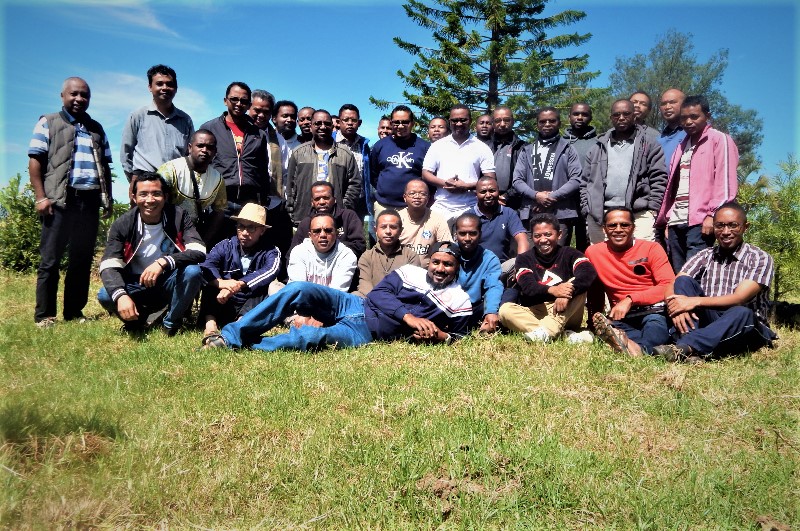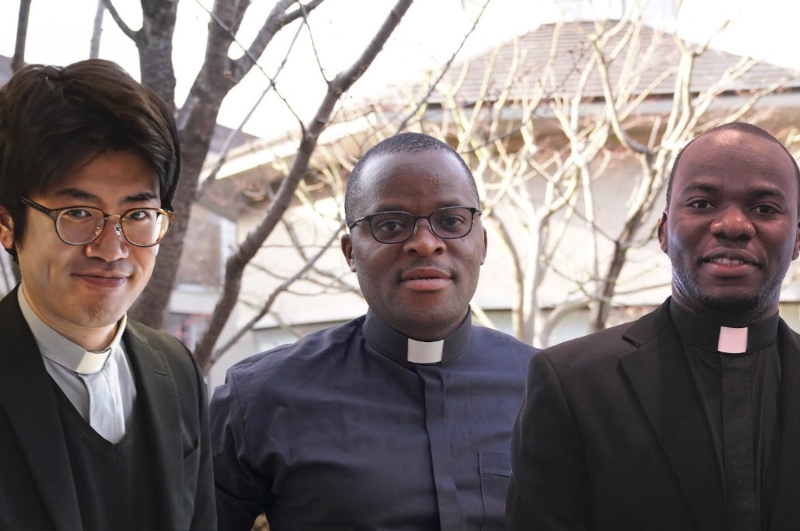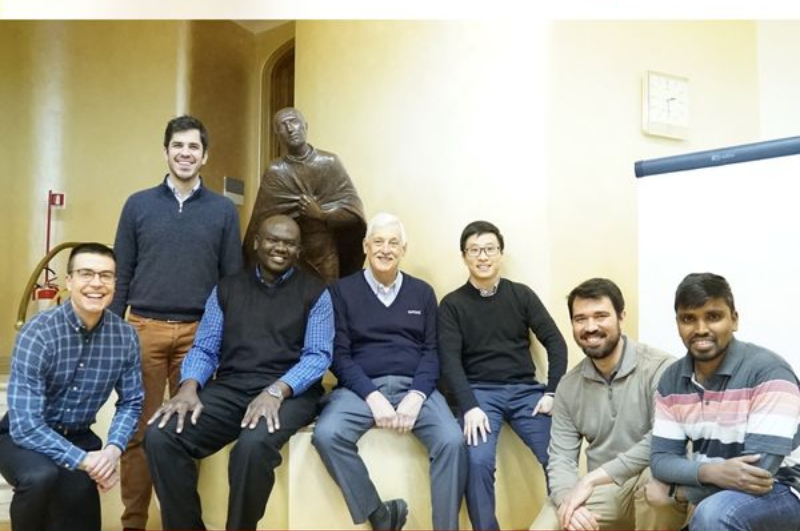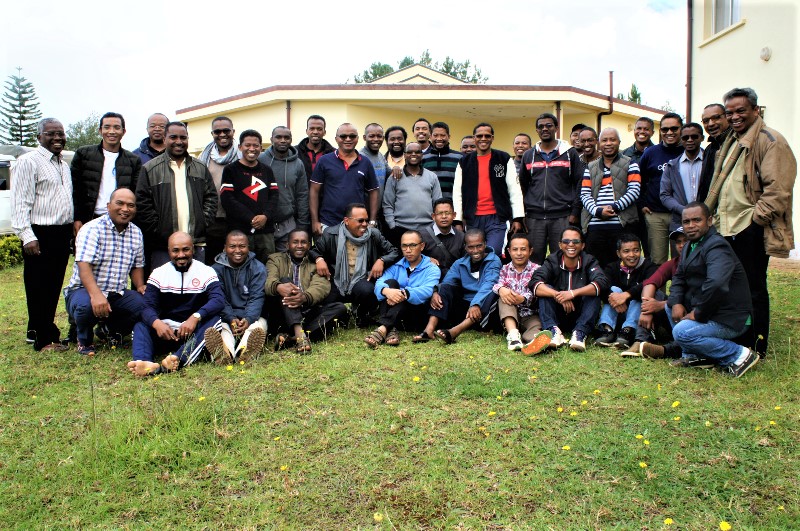

Its raison d’être is to enhance sharing and mutual support among young priests missioned in various apostolates.
April 19-23: Jesuit priests in formation in the Jesuit province of Madagascar gathered for their annual forum at the Small Franciscans of Mary, Belle Vue, Antsirabe.
This annual event resumes as the world gets back to normalcy following the COVID-19 pandemic disruptions that led to postponement in the last 2 years. This year, 36 Jesuits in formation were present. The annual event was led by Fr. Paul Aurélien Ralainirina, SJ, who oversees the formation of young Jesuit Priests and Fr. Christian Nirina Rakotosolofo, SJ, the Delegate for formation, in the Jesuit province of Madagascar.
The afternoons of the sessions were dedicated to such sharing, either in a formal or informal way. The Eucharist, as well as talks or points for spiritual conversations, took place in the morning sessions. Three main topics were examined and meditated on. On the first day, the rector of the major seminary of Antsirabe Diocese, a diocesan priest, talked about the pastoral charity which characterises the good shepherd. Such a charity, Christ’s love of his sheep, is gratuitous, total, and definitive. Every priest is called to take part in Christ’s radical love for everyone and the whole of humanity.
On the second day, reflections about the vow of poverty, inspired by the letter of Father General, were given by the Delegate for formation as points for personal prayers and then followed by spiritual conversations. During these conversations, points of convergence were reached on how we should live the vow of poverty, such as the gratuity of our apostolate, total trust in God, the gift of self, and the care of our resources.
In the first part of the last day, Fr. Andrianaivosoa Herizafiniana, SJ, Coordinator of the Apostolate of Secondary Education, and Ralalazafimanjaka Dorothée, member of the Task force on faith formation, on behalf of the Jesuit Association of Secondary and Basic Education in Africa and Madagascar (JASBEAM) shared some information and reminders about the Jesuit education and its evolution during the last 20 years. It was noted that students in Jesuit high school do not receive the same education as teenagers belonging to the Eucharistic Youth Movement. Jesuit educators and their collaborators were encouraged to rely on the Jesuit document, Jesuit Schools: A living tradition in the 21st century (2019), which provides important elements for discerning about the Jesuit education in our contemporary world.
In the second part of the third day, Fr. Louis de Gonzague Razafindrazanaka, SJ, Coordinator of the First evangelization’s apostolate in the province, shared his personal experiences as parish priest in a rural place. For him, good pastoral care depends mainly on the closeness of the parish priest and the parishioners. Such closeness implies that the pastoral team communicates with efficiency and clarity, appropriate to the level of the flock. In this way, they are more inclined to share their actual situations and more involved in the process of developing pastoral responses in line with the apostolic plan of the province and our universal apostolic preferences.
The whole meeting was a grace for the young priests of the province. We continue to believe that the life of the risen Christ is the one strengthening companions in the mission given by the Society. We thank the Madagascar province and those who were involved to make this meeting possible.
Related Articles
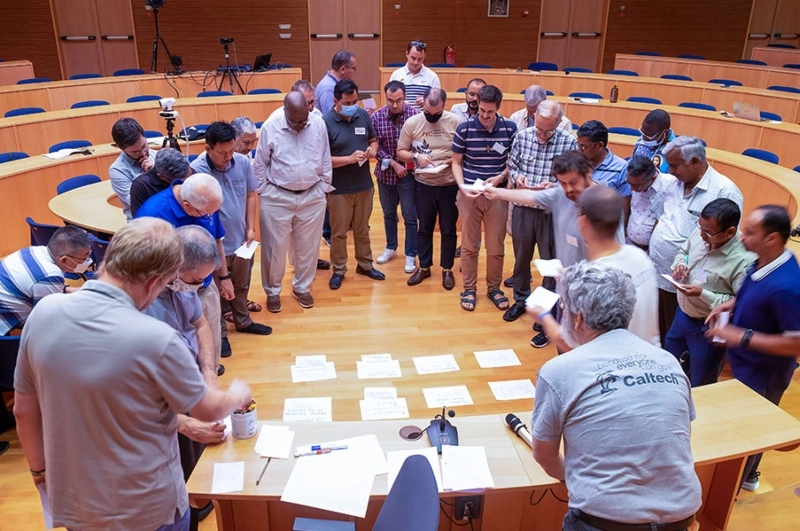
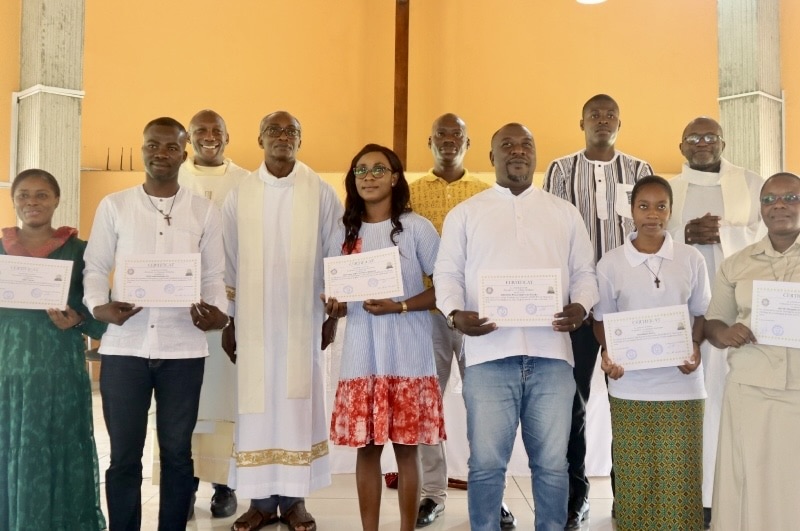

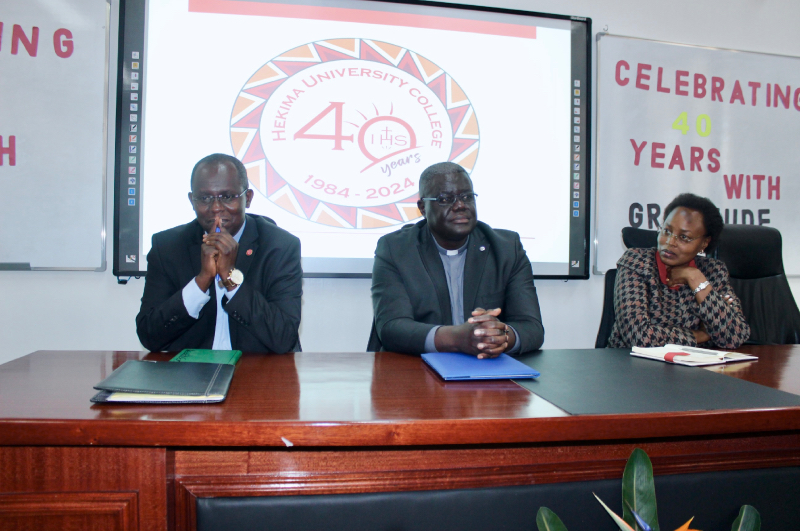
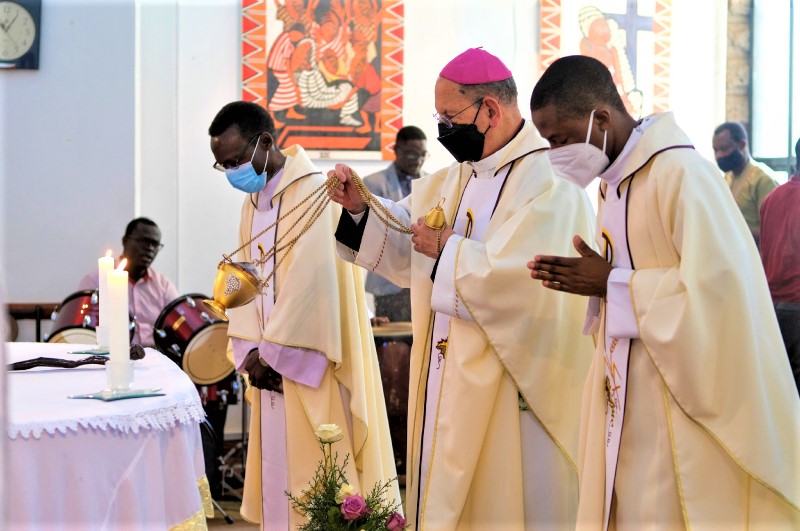
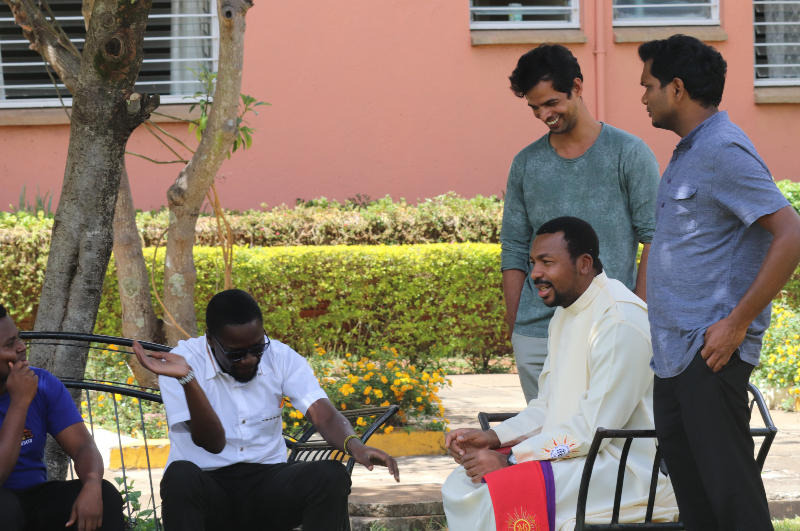

Select Payment Method
Pay by bank transfer
If you wish to make a donation by direct bank transfer please contact Fr Paul Hamill SJ treasurer@jesuits.africa. Fr Paul will get in touch with you about the best method of transfer for you and share account details with you. Donations can be one-off gifts or of any frequency; for example, you might wish to become a regular monthly donor of small amounts; that sort of reliable income can allow for very welcome forward planning in the development of the Society’s works in Africa and Madagascar.
Often it is easier to send a donation to an office within your own country and Fr Paul can advise on how that might be done. In some countries this kind of giving can also be recognised for tax relief and the necessary receipts will be issued.


